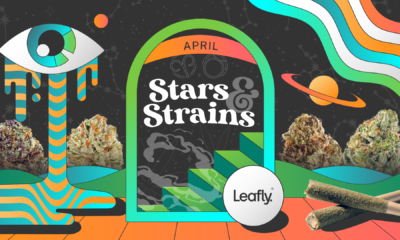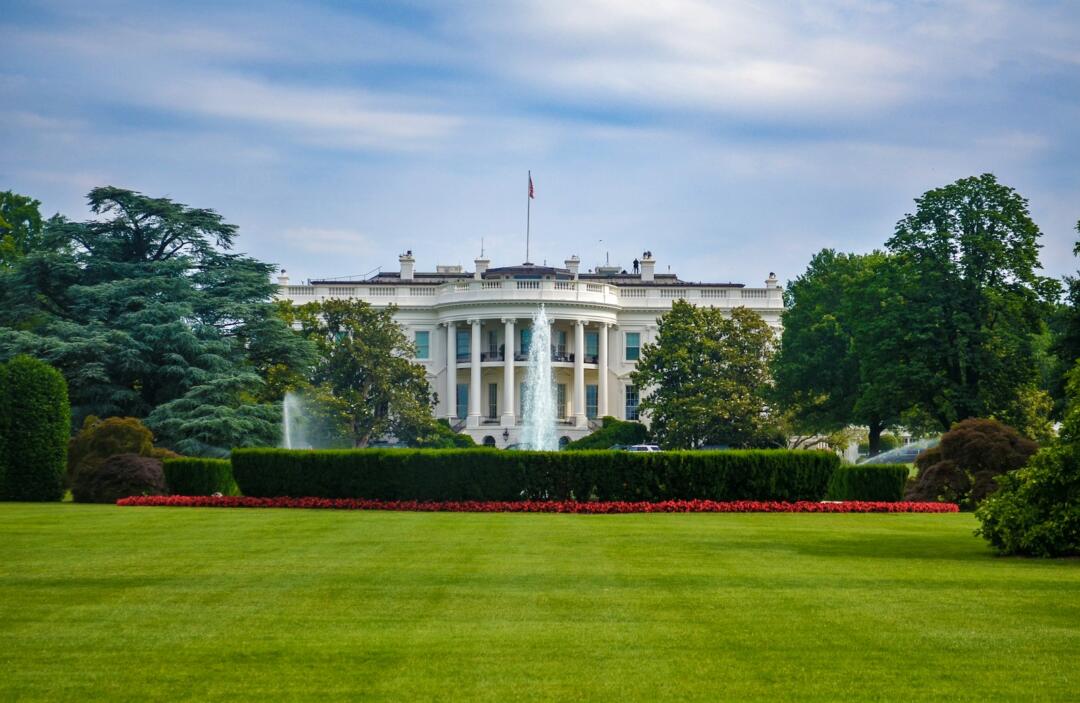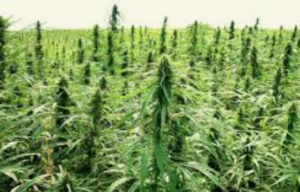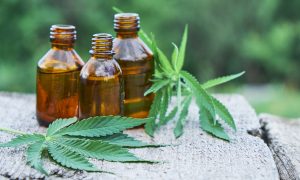He has a big audience and a huge voice with the administration – so what about Joe Rogan and marijuana?
In a surprising turn of events, hemp is starting to rival marijuana in sales, marking a significant shift in the cannabis industry landscape. As of 2025, the industrial hemp market has experienced explosive growth. Meanwhile, marijuana has acceptance by almost 90% of the country, but the 10% against it include leaders in DC. The small group seems to have blocked a path for profitably for thousands of mom and pop marijuana companies. Currently, it is unclear what the new administration will do with the rescheduling, SAFE Banking and more. But amid the chaos, hemp hums along ibeing carried in mainstream retailers like Total Wine and convience stores, allowing them access to large customer bases.
RELATED: Veterans With PTSD Are Given A Little Hope
“Hemp is living the cannabis dream. No 280E tax or punitive state excise taxes exist, while direct-to-consumer sales and interstate commerce are allowed. Intoxicating hemp is being treated like a regular commodity, while cannabis remains in the penalty box.” shared Jesse Redmond, an executive at LEEF Holdings.

The surge in hemp’s popularity can be attributed to several factors. Firstly, the legalization of industrial hemp farming in many countries has opened up new opportunities for large-scale cultivation and production. In the United States, the 2018 Farm Bill paved the way for the cultivation and sale of hemp, separating it legally from marijuana by establishing a THC threshold of 0.3%.
Hemp’s versatility has been a key driver of its success. The plant offers a wide range of applications across various industries, including textiles, construction, packaging, and personal care. Moreover, the increasing demand for eco-friendly and sustainable products has fueled the growth of the hemp market, as hemp requires fewer resources to produce compared to other crops.
The rise of CBD products has also contributed significantly to hemp’s dominance. The wellness and pharmaceutical sectors have seen a surge in demand for hemp-derived CBD, further boosting the market. In fact, the top 10 best-selling THC beverage brands, many of which are hemp-based, represented 59% of all total cannabis drink sales in the year ending June 2024.
Daniel Shortt, one of the partners at the Seattle firm Salzhauer & Shortt shares “At this stage, it is anyone’s guess how the new administration is going to approach cannabis. The new president has sent mixed message about cannabis, but it is clearly not a priority for the next few months which could be good for the largely unregulated hemp-derivative market.
The new administration began before the cannabis rescheduling process concluded, and an administrative law judge has now paused that process for at least 90 days. With the future of federal reform so uncertain, it’s likely that hemp products will continue to be sold widely across the country under the 2018 Farm Bill, despite significant pushback at the state level—unless Congress amends the next version of the Farm Bill. The current version of the Farm Bill governs the production of hemp but does not specifically regulate the manufacture and distribution of hemp products. While the FDA has opposed these products, it has done little to enforce actions against them. It seems unlikely that halting the spread of hemp products will be a priority for new adminstration’s FDA.”

 Cannabis News2 years ago
Cannabis News2 years ago
 One-Hit Wonders2 years ago
One-Hit Wonders2 years ago
 Cannabis 1012 years ago
Cannabis 1012 years ago
 drug testing1 year ago
drug testing1 year ago
 Education2 years ago
Education2 years ago
 Cannabis2 years ago
Cannabis2 years ago
 Marijuana Business Daily2 years ago
Marijuana Business Daily2 years ago
 California2 years ago
California2 years ago




























